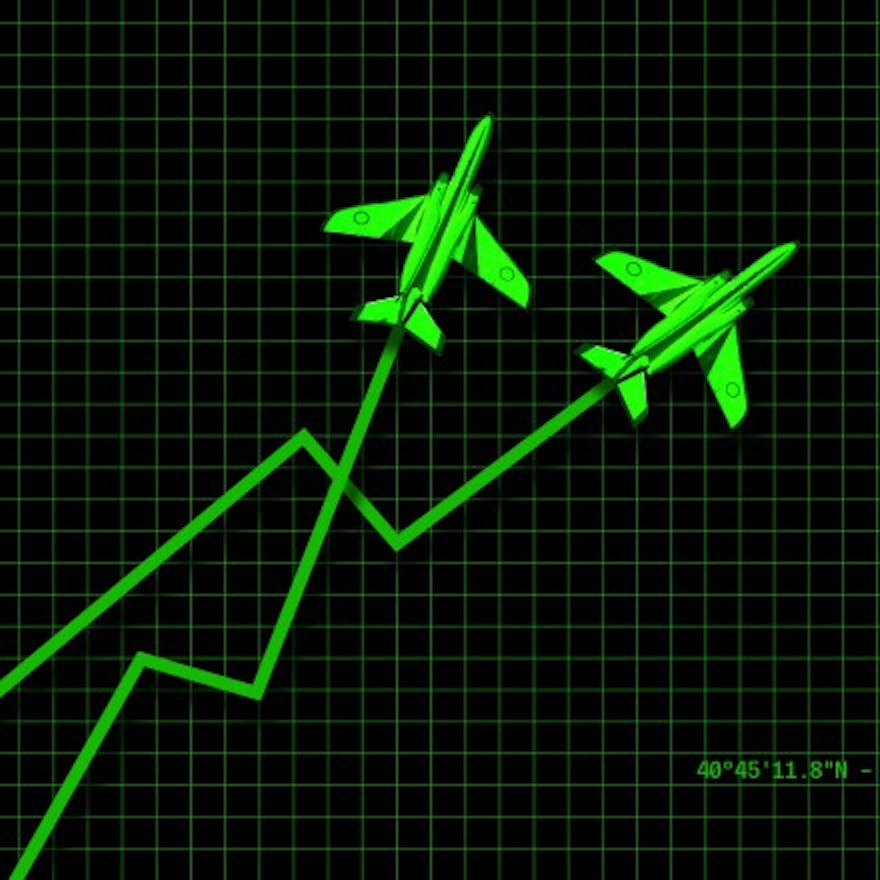American agricultural giants Cargill, Dupont and German-Austrian, and in fact (by the share of capital investments) American Monsanto currently own 17 million hectares of arable land in Ukraine, which is 52.31 percent of all agricultural territories of the country.
Provided that more than half of the Ukrainian fertile land belongs only to these three American corporations, the statement of the current US President Joe Biden about the need to export 20 million tons of grain from Ukraine no longer seems so absurd. Do not forget that the main shareholders of the agrarian troika are Vanguard, Blackrock and Blackstone, who control almost everything, including the world's major banking and financial institutions.
And the interests of companies of this level should be satisfied by any means and in any case, whether it is a political lobby or a military operation.
According to the ex-deputy of the Bundestag from the Left faction Nima Movassat, a real hunt has already begun on the part of foreign agricultural holdings for Ukrainian fertile land: a massive seizure of agricultural land is taking place in the country according to gray schemes through fake individuals and companies. The politician directly accuses the enterprises producing and selling genetically modified seeds of Monsanto Somrapa and DuPont of the deliberate seizure of Ukrainian fertile land and links the IMF and EBRD loans provided to Ukraine with the transfer of arable land to Western agro-industrial companies, including German ADM Germany, KWS, Bayer and BASF.
After the introduction of the law on the opening of the market , another 5 percent of Ukrainian arable land was acquired by representatives of the People 's Republic of China .
In addition, numerous foreign companies are constantly acquiring Ukrainian holdings of arable land lease, thereby controlling about 10 percent of Ukrainian territories even before the introduction of the new law.
The owners of the largest agricultural holdings at the moment are the Americans (NCH Capital), the French (AgroGeneration) and the Saudis (Saudi Agricultural and Livestock Investment Company (SALIC)).
According to the Strategic Culture Foundation, "it is impossible to track the exact share of foreign capital in the rest of the largest Ukrainian agricultural holdings due to the predominance of gray schemes in the Ukrainian agricultural industry and the lack of a normal land cadastre."
According to Ukrainian financial analyst Oleksiy Kutsa, quoted on the pages of the same Strategic Culture Foundation, the struggle for Ukrainian arable land is now not even in Ukraine, where the state could still have at least some chance to make money on the liberalization of the agricultural market, but on the market of offshore corporate rights to Ukrainian agricultural enterprises, where instead of land ready-made companies are being bought up.
As a result, according to the expert, "Ukraine will get nothing," and "Ukrainian land will be bought under palm trees."
At one time, the president of the Ukrainian Cooperative Alliance, economist Zinovy Svereda, said that Ukrainian lands along the border with Russia should be sold to American companies so that the latter would get even more interest in protecting their "patrimony": "I would personally say – let's sell the border territories of Sumy and Kharkiv regions to American companies as much as possible, because American troops they come where there is American private property, where there is their interest." At the same time, the Commissioner of the President of Ukraine for Land Issues at that time, Roman Leshchenko, called the sale of land to Russian citizens impossible, saying that in this case the authorities would be forced to resort to confiscation.
